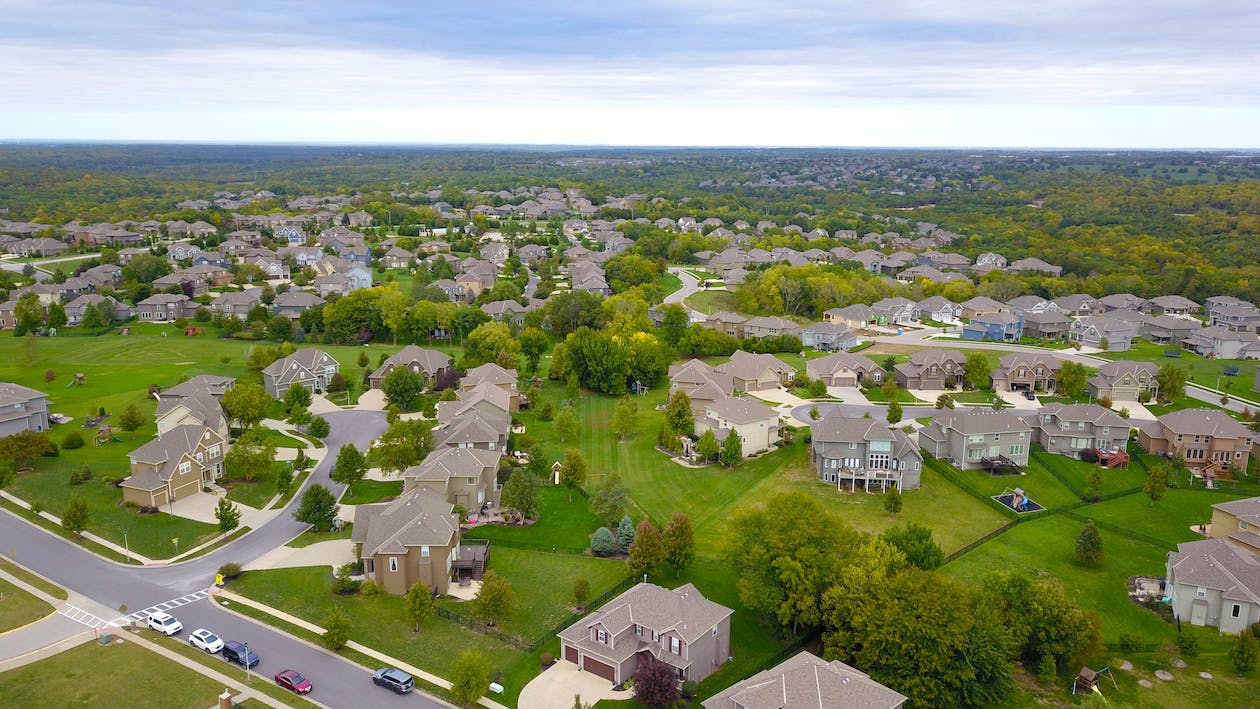
Millennials made a big push to swipe up available properties during the pandemic. The relocation frenzy caused by the flexibility of work-from-home culture allowed many young renters to make the move to homeownership. Not to mention, interest rates reached historic lows long enough for first-time homebuyers to capitalize. The stars aligned for millennials, which kept inventory low and the market competitive. Unfortunately, many first-time homebuyers have been priced out of the market for several reasons. The door was opened for baby boomers to reclaim the throne as the largest generation of current home buyers.
Market Conditions
Housing inventory has been unusually low for several years. The lower mortgage rates in past years allowed more buyers to qualify for home loans. This combination has driven housing prices to increase at a record pace. To slow down the market, the Federal Reserve made some adjustments that caused mortgage lenders to increase their base interest rates.
As housing prices and interest rates climbed simultaneously, housing affordability suffered. In other words, many home buyers could no longer afford the type of house they wanted. Others couldn't afford to buy a home at all. Since many first time home buyers are millennials, this meant less demand from that generation.
What does this have to do with Baby Boomers?
With less millennials contending for the already low inventory, houses are staying on the market slightly longer than the past few years. However, housing prices aren't falling like many have predicted would happen as a result of the increasing mortgage interest rates. Some buyers in the lower income range have cooled off on the house hunt for now. One major obstacle for first-time homebuyers is the down payment required to obtain a mortgage. The combination of inflation and increasing housing prices could be to blame for the hesitation to buy a home. The question remains: why are housing prices remaining steady with many buyers opting to wait for better options?
Demand from Baby Boomers
A majority of baby boomers already have a home and have likely lived in it for a while. Over time, they can build up equity, or the value of their home increases. Fortunately, they can use this equity toward a down payment. They also aren’t tied down by the financial burdens that many Millennials face. Those baby boomers that are in better financial standing are able to take advantage of a less active market.
The National Observer mentions, “Baby boomers made up 39% of homebuyers in 2022, according to data from the National Association of Realtors. Millennials, who are now 24 to 42 years old, had been the dominant homebuying generation since 2014, but last year made up 28% of homebuyers. That's down from 43% observed in 2021.” Many boomers are approaching retirement age or have been retired for some time. For those with investments or other assets, they can comfortably purchase second properties or trade up for a better home.
Interest Rates are Still Historically Low
In the past, mortgage interest rates have been as high as 18 percent and maintained around 10 percent for a long time. At the height, rates hit the 7 percent mark in October 2022. However, Baby Boomers are well aware that this is still reasonable compared to past experience. While Millennials might have not seen interest rates this high in their house hunting days, Baby Boomers didn't flinch at a slightly raised rate.
On the other hand, Millennials have driven the housing market since 2014. Interest rates haven't risen about 5 percent in that time. In their experience, interest rates are unreasonably high. Perspective plays a big part when making a big decision like buying a home. While Millennials are waiting to see if the market corrects itself, Boomers are snatching up all the real estate they can find.


